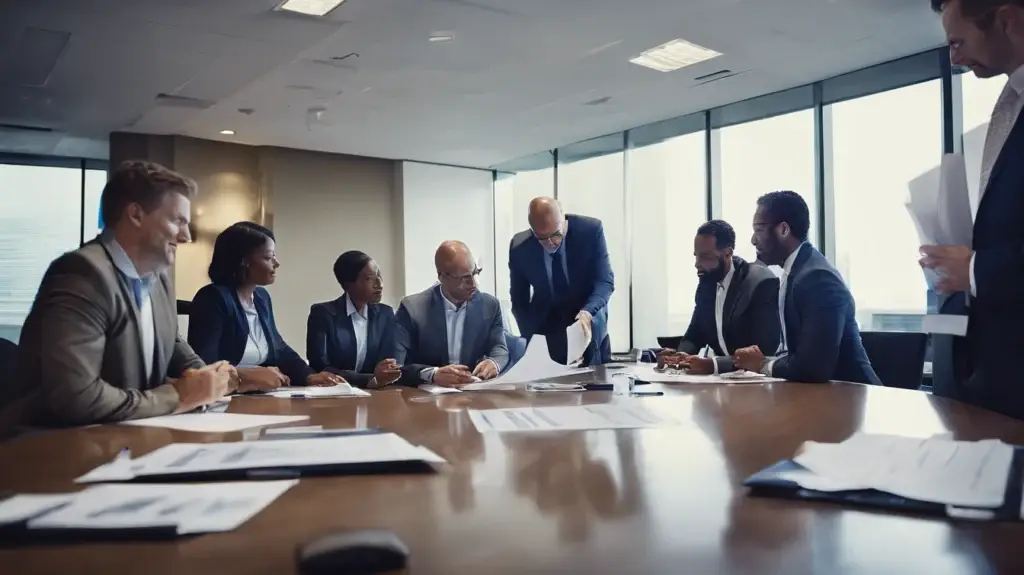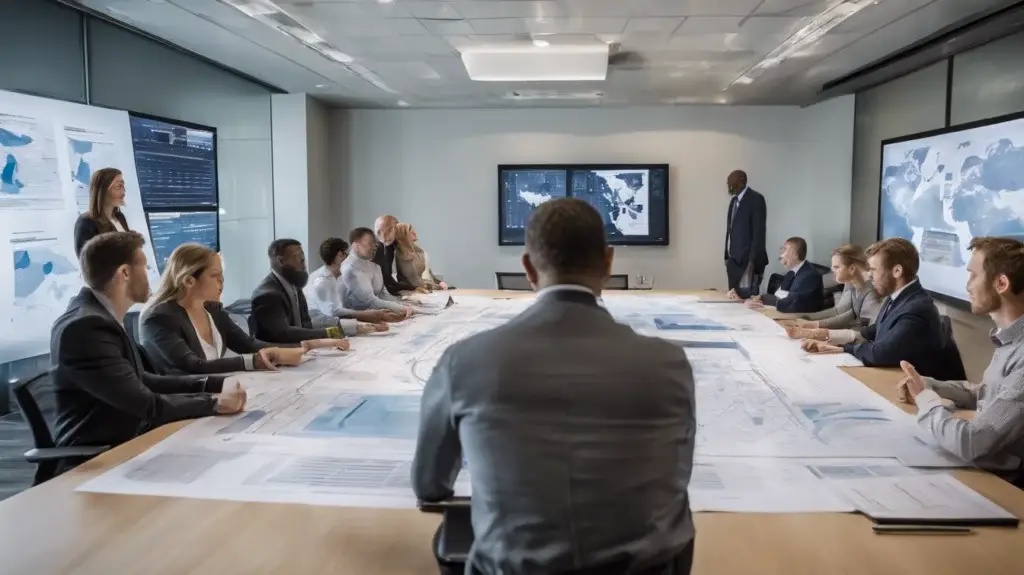Site Selection & Feasibility Analysis is a critical service that ensures clients select the most suitable land for their development projects, whether for commercial, industrial, or residential purposes. This service requires a detailed, data-driven approach to evaluate both the physical and financial viability of potential sites
The first step in site selection is a thorough consultation with the client to understand their specific needs. This could include factors like the type of development (commercial, residential, retail, industrial), the desired size of the land, proximity to transportation hubs or infrastructure, and the target demographic or customer base. A clear understanding of the client’s goals allows the broker to narrow down potential sites effectively.


Location is one of the most important factors in land development. Brokers conduct a comprehensive analysis of potential sites based on various factors, such as:
This analysis helps to determine which locations offer the most strategic advantage for the client’s specific needs.
A feasibility study may also be conducted to determine the financial viability of the project, including cost estimates for site preparation, infrastructure, and development.
Brokers ensure that potential sites comply with local zoning laws and regulations, which dictate how land can be used (commercial, residential, industrial, etc.). They also evaluate potential hurdles such as the need for zoning changes, variances, or special permits. Understanding these regulatory frameworks is critical, as they can impact the feasibility, timeline, and cost of development.


Brokers also negotiate contingencies related to zoning approvals, environmental assessments, or permits, protecting the client’s interests throughout the transaction.
Economic feasibility is a key part of this service. Brokers conduct detailed market studies to assess:
• Current demand and supply for the type of development being proposed (commercial, residential, industrial)
• Growth projections for the area (population, economic growth, infrastructure expansion)
• Competition analysis to determine whether the project will thrive in the chosen location
• Cost-benefit analysis to compare potential returns on investment (ROI) across different sites
This process helps the client evaluate whether the development will be profitable in the short- and long-term and ensures that they make informed decisions.


Site feasibility also involves assessing the availability and capacity of key infrastructure like water, electricity, gas, sewer systems, and internet services. Brokers determine whether these utilities are sufficient for the planned development and whether additional infrastructure investment is required. They also consider the cost and logistics of extending or upgrading existing infrastructure if needed.
Every potential site carries risks—ranging from environmental hazards to regulatory delays and market fluctuations. A thorough risk assessment is performed to identify and mitigate potential issues. This includes analyzing factors like:
• Political stability and local governance
• Economic trends in the area
• Environmental risks (flooding, hurricanes, contamination)
• Potential legal disputes regarding property rights or easements


After selecting a potential site, the broker conducts a detailed financial feasibility analysis, including a breakdown of:
• Land acquisition costs
• Development costs (site preparation, permits, construction)
• Potential financing options
• Projected revenue or profits from the development
• Timeline and cost of bringing the site to market
This comprehensive financial analysis ensures that the selected site aligns with the client’s budget, financing, and profit goals.
Based on all the gathered data, the broker provides the client with a shortlist of the most feasible sites. Each site is evaluated with detailed reports, including pros and cons, financial forecasts, potential risks, and legal considerations. This allows the client to make an informed, strategic decision about which site to pursue.
In summary, Site Selection & Feasibility Analysis ensures that clients invest in the right property by considering all relevant factors, from location to infrastructure to economic viability. This process helps minimize risks, maximize returns, and ensures that the development project is both successful and sustainable.

In summary, Site Selection & Feasibility Analysis ensures that clients invest in the right property by considering all relevant factors, from location to infrastructure to economic viability. This process helps minimize risks, maximize returns, and ensures that the development project is both successful and sustainable.






Subscribe to hear the latest about Land Acquisitions in the State of Florida.